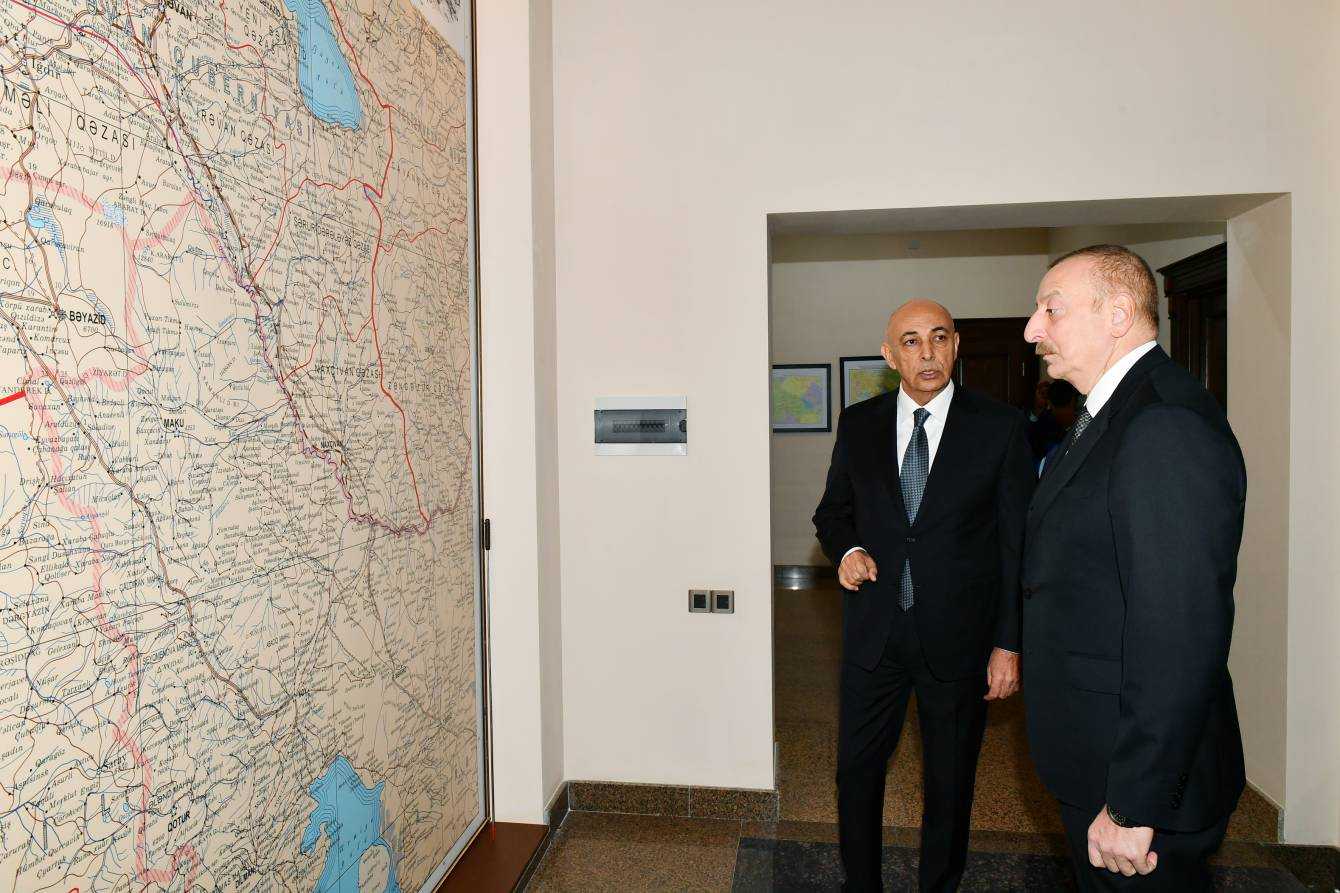Pashinyan says right of refugees to return ‘a dangerous factor’ for peace

Armenian Prime Minister Nikol Pashinyan called discussion of the return of Armenian and Azerbaijani refugees to be ‘a dangerous factor’ which ‘damages’ the peace established since the Washington agreements on 8 August.
Pashinyan made the comments in an address on Monday evening on his social media accounts, in which he offered his assessments to the Washington summit and its associated agreements.

Pashinyan called the summit hosted by US President Donald Trump a ‘turning point’ and claimed that the reached agreements there mean that ‘peace has been established’ between Armenia and Azerbaijan.
In an allegory to a newborn baby and the daily care it requires, Pashinyan noted that ‘established peace requires daily care and concern’.
Talking about the text of the peace treaty that was published shortly after the Washington summit, Pashinyan addressed criticism in this regard, including that the treaty text ‘closes the Karabakh issue’.
‘Peace is impossible without closing the Karabakh issue’, Pashinyan said, reiterating his stance that the Nagorno-Karabakh conflict ‘was indeed simply used by some forces as a tool to prevent Armenia’s independence, sovereignty, the establishment and development of statehood’.

Further touching upon the issue of the ability of Nagorno-Karabakh Armenians to return to their homes in the region, Pashinyan insisted that he ‘do[es] not consider their ideas about return to be realistic’.
Virtually the entire Armenian population of Nagorno-Karabakh fled the region after Azerbaijan’s final offensive in 2023.

‘And in general, I consider the discussion by both sides of the topic of return of those who have become refugees since the start of the conflict in Armenia and Azerbaijan to be a dangerous factor that damages the peace established between Armenia and Azerbaijan’, Pashinyan said, in an apparent reference to Azerbaijani claims that Azerbaijanis displaced from Armenia in the early 1990s should be allowed to return.
‘Bilateral attempts to discuss these topics will not benefit the refugees themselves, but will become a new source of tension between the states’, Pashinyan said.
He added that he had shared ‘this understanding with [Baku]’ and that according to his perception, ‘all those people who disagree with this strategy, willy-nilly, find themselves in the logic of reviving the conflict’.
Ahead of Pashinyan’s statement, there were unconfirmed reports circulating on Azerbaijani media of Baku’s intention to abolish the ‘Western Azerbaijan Community’ following the Washington summit.
‘Western Azerbaijan’ is an irredentist term used by the authorities in Baku to describe the territories in which Azerbaijanis used to live before the conflict with Armenia began. Armenia has long viewed the narrative as containing territorial claims.
In a social media post on 14 August, the Azerbaijani media outlet Time TV claimed that according to the commitment made in Washington, ‘the Azerbaijani authorities have begun to give up all claims related to Western Azerbaijan’.
‘According to the information given to Time TV by the active members of the Western Azerbaijan community, it was decided to abolish the community’, the post read.
They additionally noted that the chair of the group, Aziz Alakbarli ‘said that he received such an instruction from the Presidential Administration’ and that organisations affiliated to the group would be abolished in Azerbaijan.
‘[Using the name] Western Azerbaijan or organising an event under this name will be considered separatism’, the post concluded.
However, Alakbarli quickly dismissed the validity of the reporting, calling it ‘completely fake news’, and accusing Armenia of spreading it.












